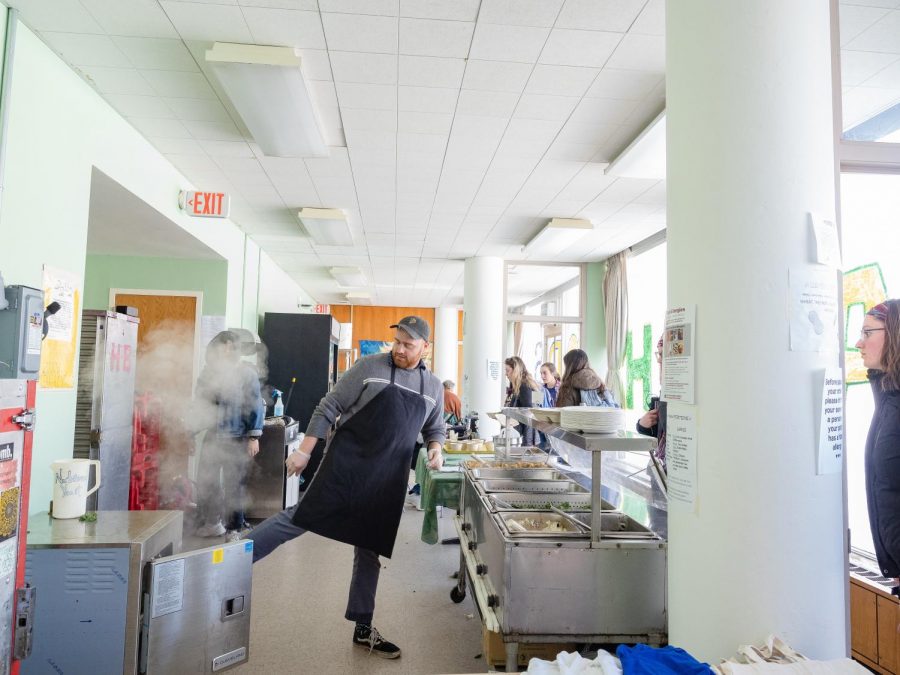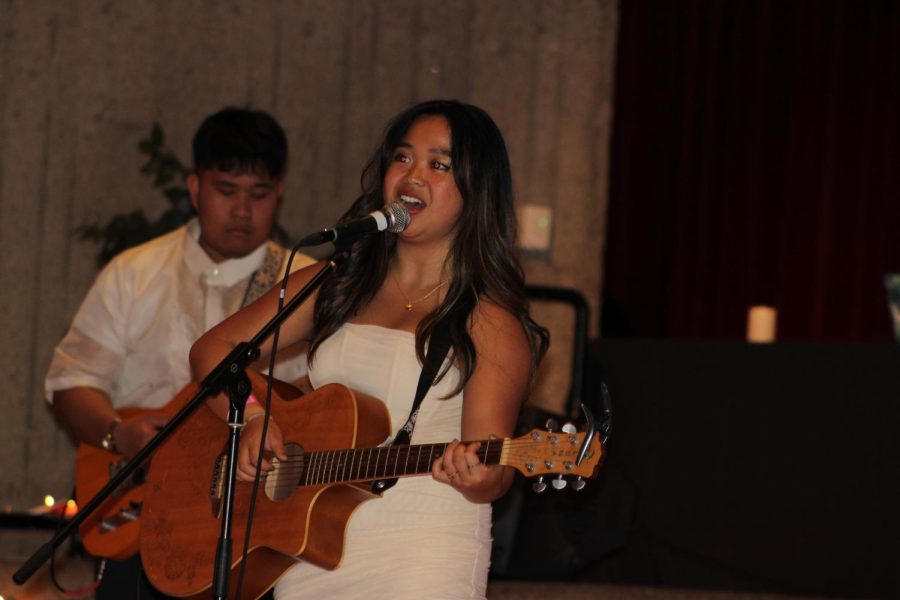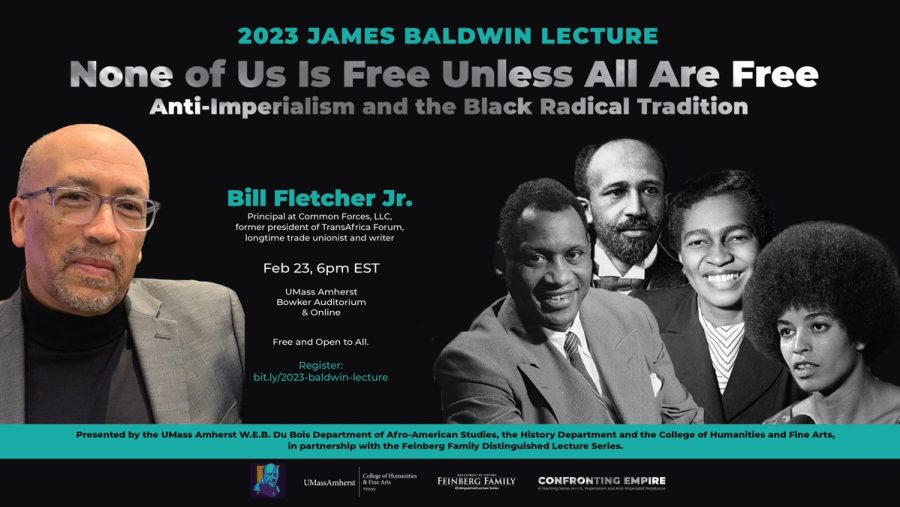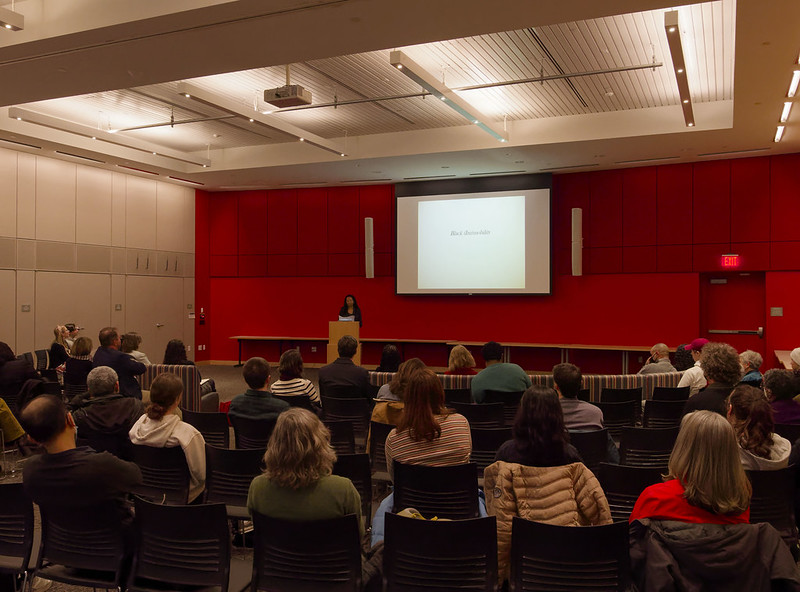The University of Massachusetts administration, Massachusetts Society of Professors, and Continuing and Professional Education faculty are awaiting a decision from the Massachusetts Department of Labor Relations after a springtime hearing and negotiations.
According to John Bryan, associate provost for academic personnel, “The union filed a petition with DLR, asking whether currently unrepresented instructors in Continuing and Professional Education should be automatically absorbed into the same unit as other faculty. In the spring, DLR conducted a hearing and asked for additional information from both the University and the union. We are waiting for DLR’s assessment of the situation.”
He added, “The primary question before DLR is whether those faculty share a ‘community of interest’ with our other faculty.”
MSP, whose contract expired July 31, is currently in negotiations with UMass to establish a new one.
Bryan said, “Friday was our 18th day of bargaining with the faculty union over a new three-year contract. The negotiations have been productive and respectful, and we look forward to finishing them soon.”
While MSP was “hoping to include protection for CPE instructors,” said Eve Weinbaum, an MSP officer involved on the campaign to unionize CPE faculty, they “will not wait for the outcome of the hearings to sign a contract,” she said.
Ferd Wulkan, a staffer with MSP, said, “It’s a funny situation with the labor relations decision looming in the background, a decision which could affect all others.”
According to Wulkan, “The decision will happen in two parts. First, the hearing officer will come out with a statement of facts that she will then base her decision on. Then, the University and MSP have the right to dispute any of the facts. Once the statement of facts is agreed upon by both parties, she can make her decision.”
Weinbaum said that waiting for the decision is not the only option. “At any time the University could decide that these people deserve a minimum wage. They could let them unionize. We don’t have to wait for the hearing officer,” she said.
Wulkan explained that CPE instructors fall into three categories.
“There are graduate students who have their own union and faculty who teach regular classes on campus and also teach through Continuing Education who are part of MSP, so there are no disputes there,” he said. “But the third category is people who teach only through CPE, and they are the group in question.”
Weinbaum said CPE faculty is one of the only groups on campus that doesn’t have the right to represent itself.
During the hearing, Wulkan said the union argued that CPE faculty does the same kind of work as other instructors and deserves the same rights to negotiate legal protection and salaries.
In terms of the University’s stance, Wulkan said, “They were arguing that Continuing Education is this really different creature than education on campus. They agree that MSP members who also teach CPE have rights, but they don’t want to extend that to the third category. They don’t believe that there is a community of interest.”
“Right now, the University has a big incentive to push work off campus into CPE, away from the unionized sector,” Wulkan said. “I make the analogy to a clothing company moving factories to Bangladesh where there is cheaper labor.”
Wulkan said this has a significant impact on students, who cannot always find classes on campus and often have to enroll online. “For a student on financial aid, who is already struggling to pay for the fall and spring, that all gets very expensive very quickly,” he said. “It makes it less accessible.”
Unionizing off-campus instructors alongside regular faculty is not unprecedented, and Wulkan remains optimistic.
“MSP contracts also cover UMass Boston where all faculty, both Continuing Education and regular, is represented,” he explained. “We’re trying to mimic that.”
Marie MacCune can be reached at [email protected] and followed on Twitter @MarieMacCune.
















